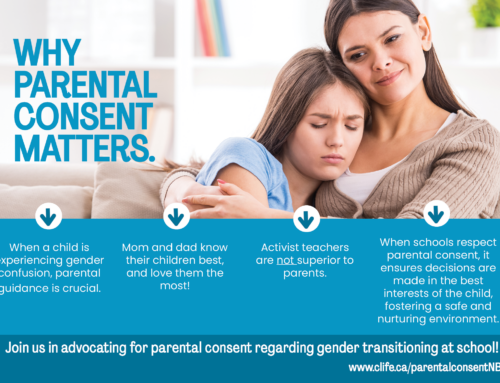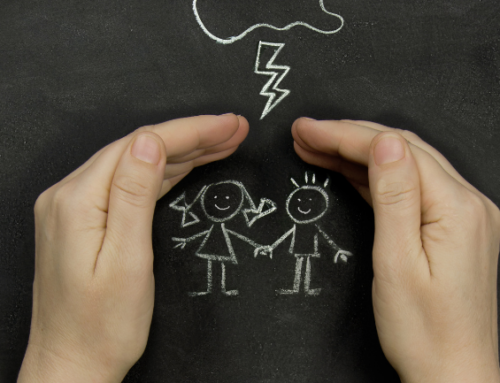Early childcare can have a negative impact on a child’s development. Developmental psychologist Dr. Gordon Neufeld told the Institute of Marriage and Family Canada (IMFC) that early interaction between young children, often heralded as a reason to send kids to daycare, does not lead to better socialization, which is defined as cooperating with others while retaining a sense of individuality. “Premature socialization was always considered by developmentalists to be the greatest sin in raising children … when you put children together prematurely before they can hold on to themselves, then they become like (the others) and it crushes the individuality rather than hones it,” he said.
Moreover, daycare makes children become more attached to peers than adults. “This can result in children becoming very hostile to being parented or taught,” warned the IMFC’s Andrea Mrozek. Also, children face more stress by being subjected to evaluation and working hours.
Behavioural problems more common among children subjected to early childcare include aggression, impulsivity, lower motivation, and suppression of social development. In a 2006 Maclean’s article, reporter Cathy Gulli cites Australian psychologist Steve Biddulph, a former proponent of daycare. He stated that daycare was a “social experiment” and “a gamble taken by millions of parents” which ultimately doesn’t work. “Over the past decade, researchers have learned that the brain grows in response to love and affection during the first two years of life, he says; without this, babies’ brains don’t develop fully,” writes Gulli.




